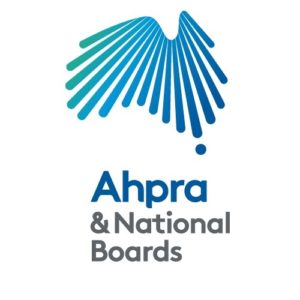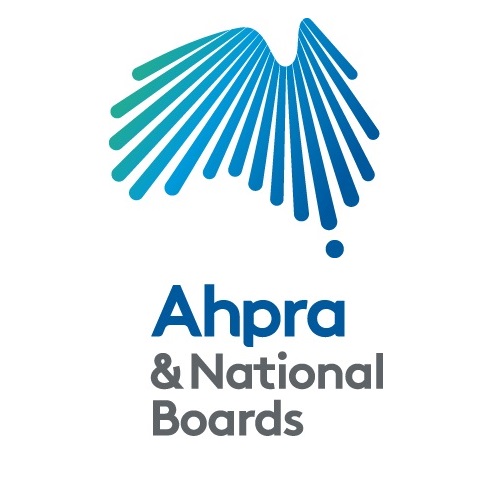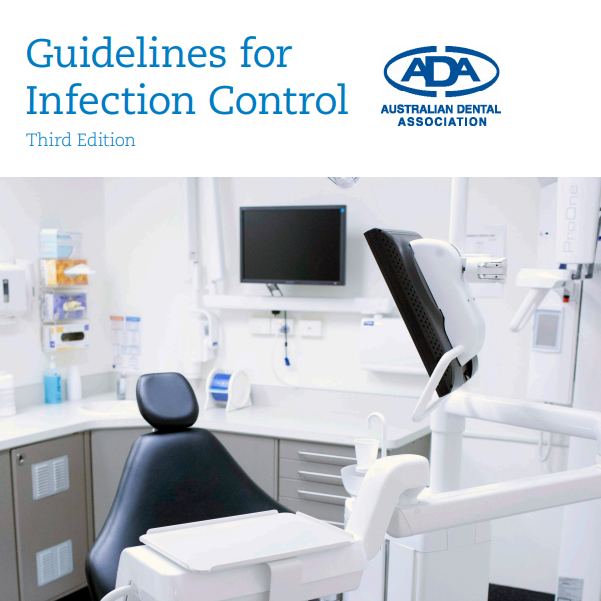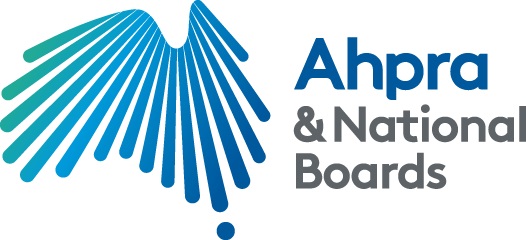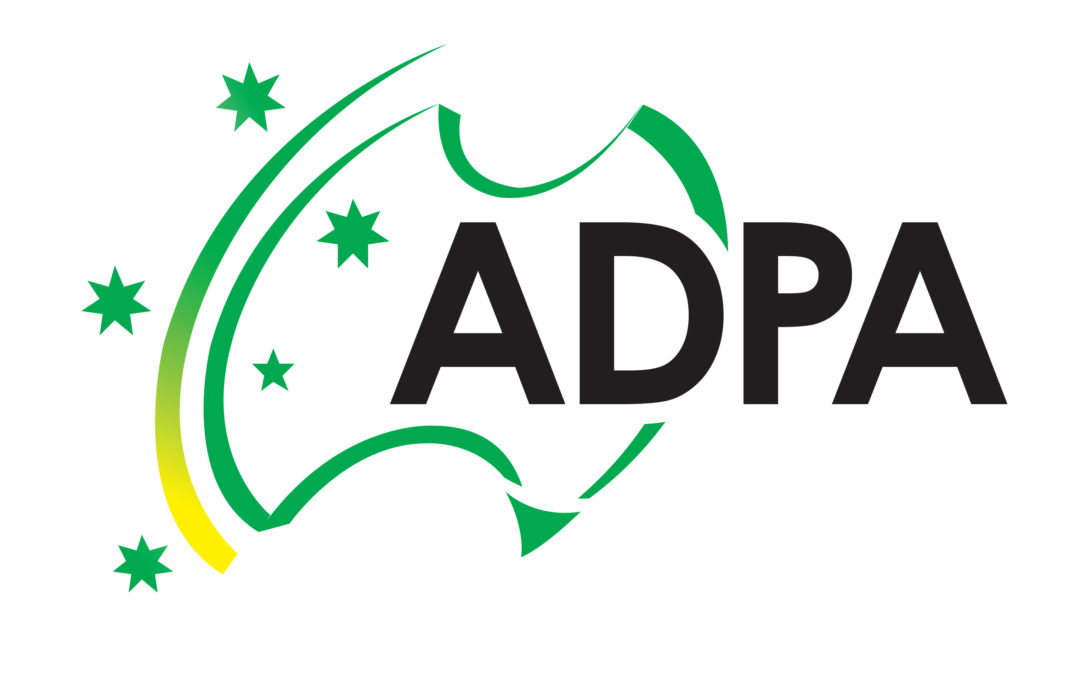
Mandatory Notifications: What you need to know
Mandatory Notifications: What you need to know
https://www.dentalboard.gov.au/Codes-Guidelines/Mandatory-notifications.aspx
The below is from the above reference link on the Dental Board Ahpra website:
Whether you know a lot about mandatory notifications or are finding out about the requirements for the first time, this information is for you. Find out about current requirements and what’s changing in 2020.
Seek professional advice for your health and wellbeing
The Board encourages registered dental practitioners to seek professional advice about their health.
Seeking advice or treatment for your health will not automatically result in a mandatory notification. Physical or mental health issues rarely need to be notified.
We want to help you understand mandatory notifications and feel comfortable seeking support for your health and wellbeing.
Making your health a priority and getting professional advice helps you be able to continue to care for others.
Current mandatory notification requirements
The public place their trust in registered health practitioners. To help protect that trust, the National Law requires a mandatory notification to Ahpra and the National Boards about a health practitioner under four categories (see the current guidelines for more details about the specific cases when notifications are required):
- intoxication while practising
- impairment
- practice outside of professional standards, and
- sexual misconduct.
The current guidelines for mandatory notifications are available on the Board’s website.
What’s changing?
In 2020, the requirements to make a mandatory notification are changing. The changes aim to support health practitioners to be able to seek professional advice about their health without fearing a mandatory notification.
To help practitioners understand the changes, we are revising our mandatory notifications guidelines and released them for public consultation earlier this year. They will be published soon, so you will have time to become familiar with them before they take effect next year. In the meantime, you can check out the draft of the revised guidelines.
What do the changes to the requirements look like?
The changes apply to the mandatory notification requirements for treating practitioners – they do not affect the obligations of other registered practitioners (like colleagues), employers or education providers.
Under the changes, a treating practitioner only needs to make a mandatory notification about their practitioner-patient if there is a substantial risk of harm to the public from impairment, intoxication while practising, practice outside of accepted professional standards or where there is sexual misconduct.
This means that health practitioners who do not pose a substantial risk of harm to the public can seek professional advice without fear of a mandatory notification.
The requirements are the same in all states and territories except Western Australia. WA exempts treating practitioners from mandatory notifications for all forms of notifiable conduct if their patient is a registered health practitioner. However, treating practitioners may make voluntary notifications based on their professional and ethical obligations to notify about matters that may place the public at risk of harm.
What resources are there to help explain mandatory notifications?
We have published ‘Mandatory notifications: what you need to know’ resources to help you understand mandatory notifications and help you learn when you need to notify us. Even if you are hearing about it for the first time, we hope you find these resources useful.
Remember, if you are a health practitioner please seek professional advice for your health and wellbeing. You should not fear a mandatory notification, particularly if you are receiving treatment and complying with your treating practitioner’s advice. If you have a question about mandatory notification you can always speak with your indemnity insurer and/or professional association.
We will continue to publish additional resources to support you when the revised Guidelines on mandatory notifications come into effect next year.

